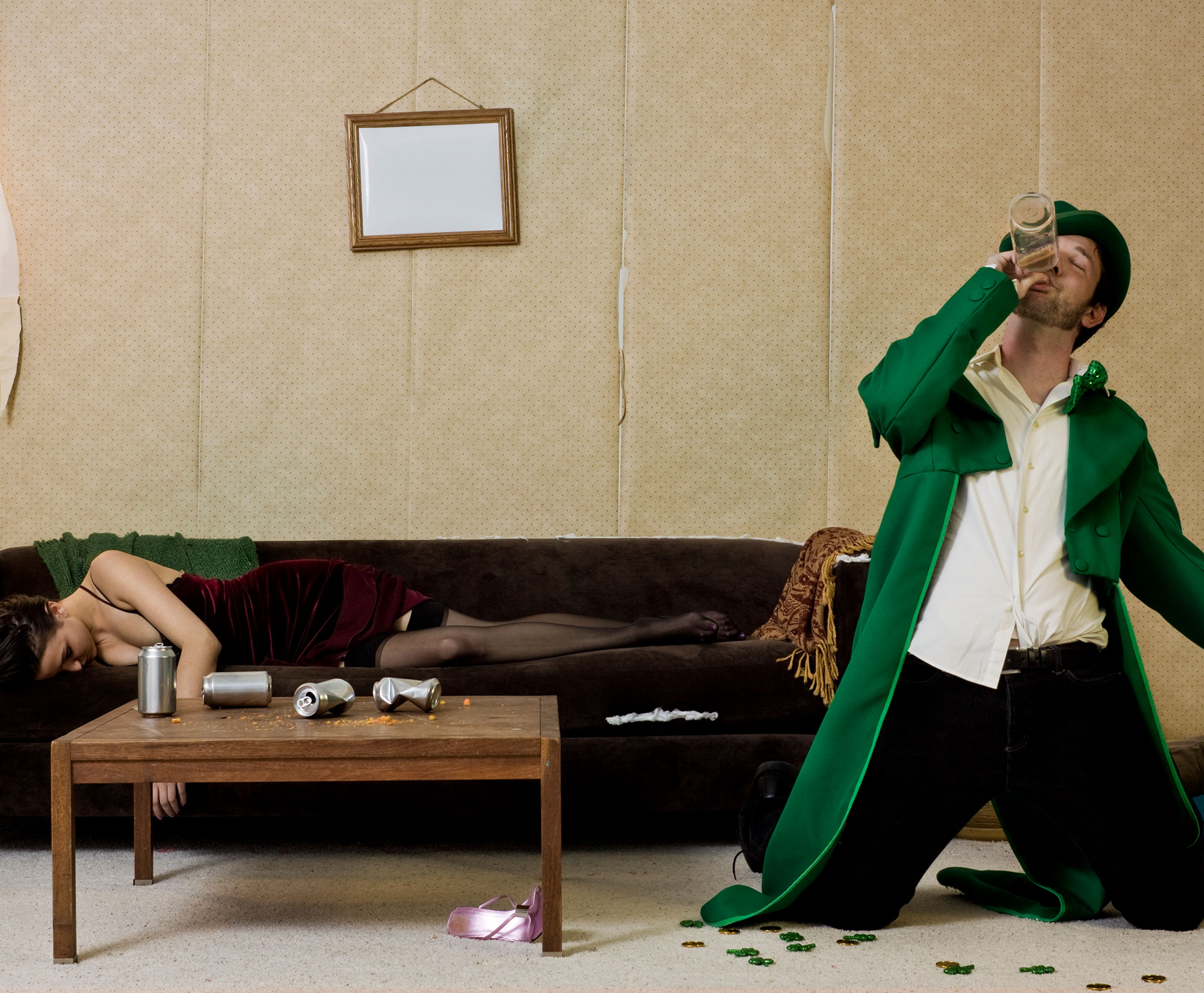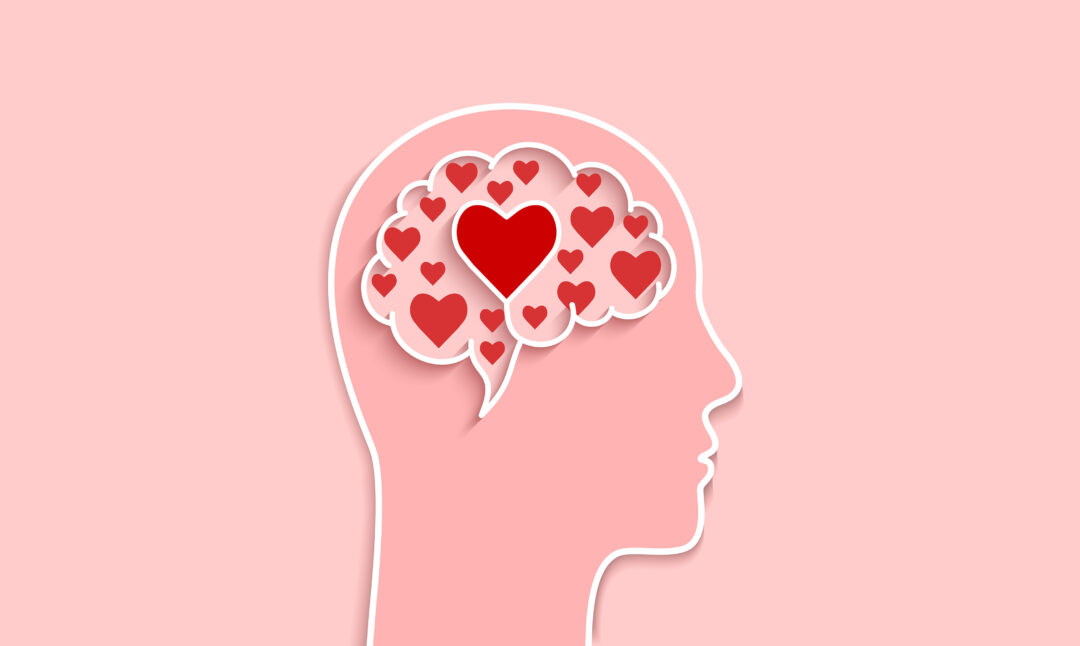St. Patrick’s Day is just around the corner. While things still might be a bit different this year thanks to COVID-19, there will undoubtedly be celebrations across the country (and the world). In fact, people might find excuses to celebrate even more this year after getting through a rough 2020.
When you think about the holiday, what’s the first thing that comes to mind? The color green, shamrocks, and leprechauns usually make the top of the list. But, it’s also often known as a “drinking holiday.”
Whether it’s green beer, a pint of Guinness, or something harder, St. Patrick’s Day has become notorious for binge drinking. While there’s nothing wrong with celebrating and having some fun, binge drinking can have serious effects on your health.
Understanding those potential effects might make you rethink your activities for this upcoming holiday.
With that in mind, let’s look at some effects of binge drinking, so you can make more informed, healthier decisions.
What Are the Short-Term Effects of Binge Drinking?
Almost right away, binge drinking can have a negative impact on your mind and body. It can affect your heart, causing high blood pressure and an increased risk of sudden death due to heart failure.
It can also cause dehydration, which affects your kidneys. If you binge drink and it leads to issues like vomiting, your lungs could be affected, and it could cause inflammation and even possible infection.
In addition to affecting you physically, binge drinking can cause you to have poor judgment and poor functioning. It can lead you to exhibit behaviors that you normally wouldn’t. Unfortunately, that can cause a lot of accidents. Some people even have a stronger desire to do self-harm when they’ve had too much to drink.
What Are the Long-Term Effects of Binge Drinking?
Having too much to drink on St. Patrick’s Day can obviously cause a lot of issues. But, if binge drinking becomes a habit, you’re likely to face lasting consequences.
Even just binge drinking for several weeks can cause issues like liver disease and increase your risk of several types of cancers.
If you continue down that path and binge drinking becomes a more regular occurrence, you could be setting yourself up for even greater health risks. Long-term binge drinking can lead to alcoholic liver disease, cancer, and heart disease.
Heavy alcohol use also affects your immune system, bones, muscles, and intestines.
Your mental health is at risk when you drink heavily, too. Binge drinking can contribute to many different mental health issues, including depression as anxiety. Some people use it to cope with those problems, but it tends to make them worse.
In fact, binge drinking can actually change what’s going on in your brain and nervous system. That can lead to an increase in your risk of a stroke. Or it could affect your coordination and cognitive response.
Celebrating Without Binge Drinking
It’s important to know that even binge drinking once in a while can have lasting consequences. Even drinking a little can be a risk, so don’t automatically assume you’re “safe,” even from a few celebratory beverages.
This St. Patrick’s Day, keep these things in mind. We’ve spent over a year with a heavy focus on health and wellness as a society. While times have been difficult and you may want to let loose, there are other ways to celebrate besides binging.
If you want to drink over the holiday, try to limit yourself to one or two festive cocktails or beers. You’ll have a much more enjoyable time celebrating with loved ones if you’re present and sober, and you won’t regret the aftermath!


